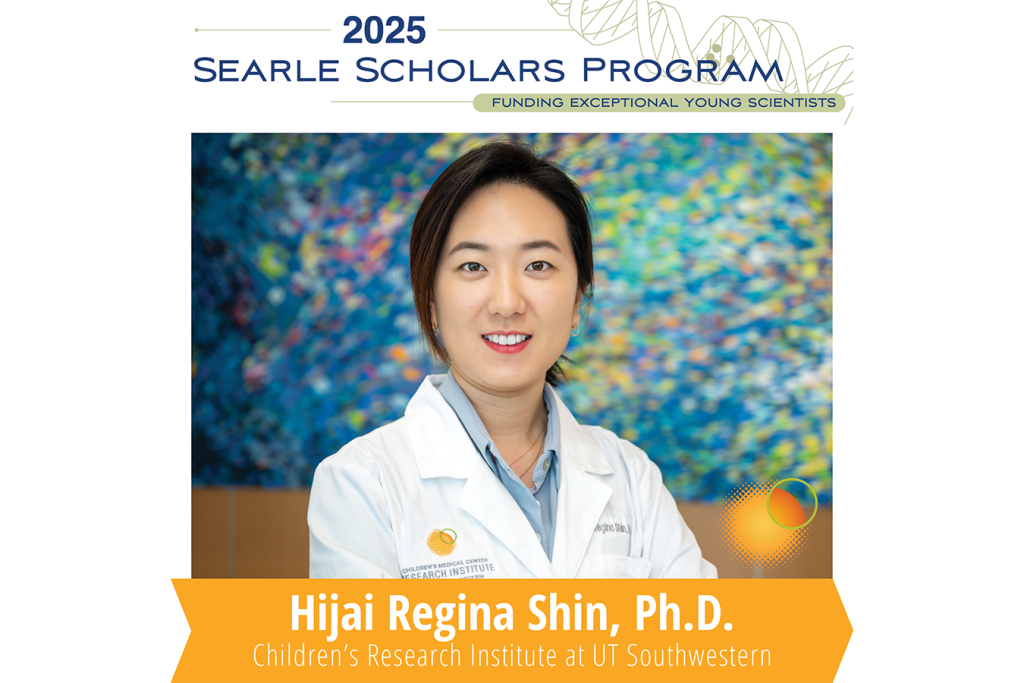Children’s Medical Center Research Institute at UT Southwestern (CRI) recently recruited Dr. Gerta Hoxhaj to become the institute’s eighth faculty member and principal investigator. Her lab is interested in the molecular mechanisms that control cellular metabolism, particularly in cancer. She earned her Ph.D. in biochemistry and cell signaling from the MRC Protein Phosphorylation and Ubiquitylation Unit at the University of Dundee in Scotland, U.K. and completed her postdoctoral studies at the Harvard T.H. Chan School of Public Health in Boston, Massachusetts. Since joining CRI in December of 2019, Dr. Hoxhaj has become a Cancer Prevention and Research Institute of Texas (CPRIT) Scholar. Recently, Dr. Hoxhaj shared her thoughts on joining CRI and the goals she hopes to achieve through her research.
Why did you decide to join CRI?
CRI is a world-class institute that provides an excellent environment for doing outstanding science. Researchers here employ cutting-edge technologies to address important and challenging questions relevant to human health. One of the most important things for me in my research is to achieve a deep understanding of molecular mechanisms while maintaining broad physiological relevance. I believe that the collaborative, vibrant, and friendly research culture in CRI is a key ingredient for me to achieve this.
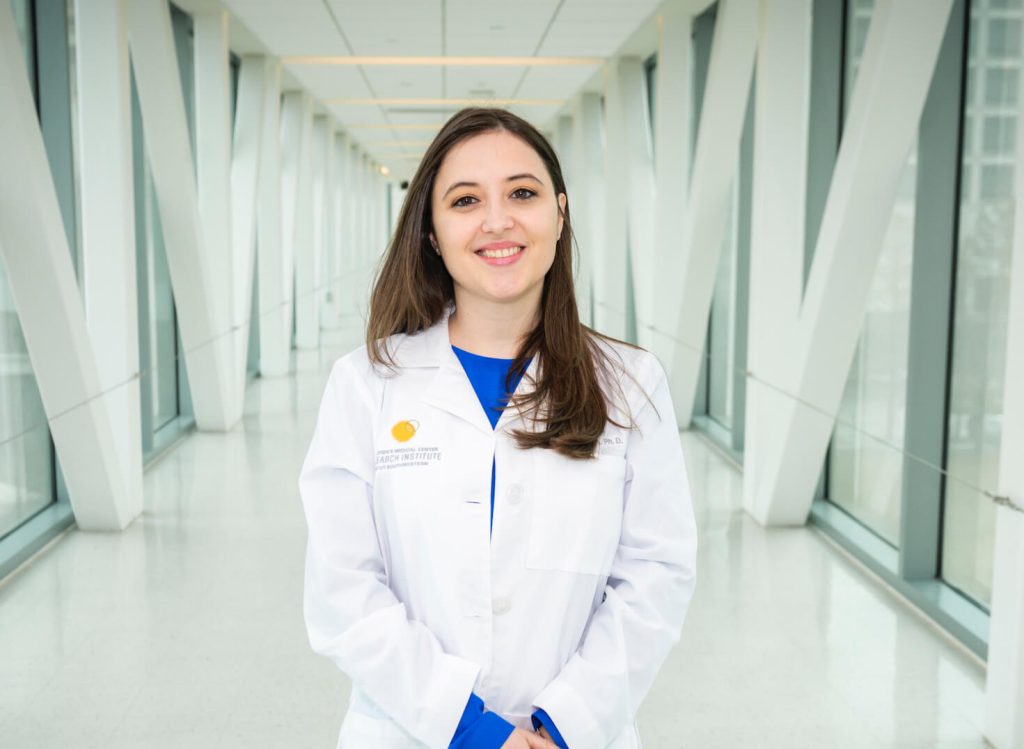
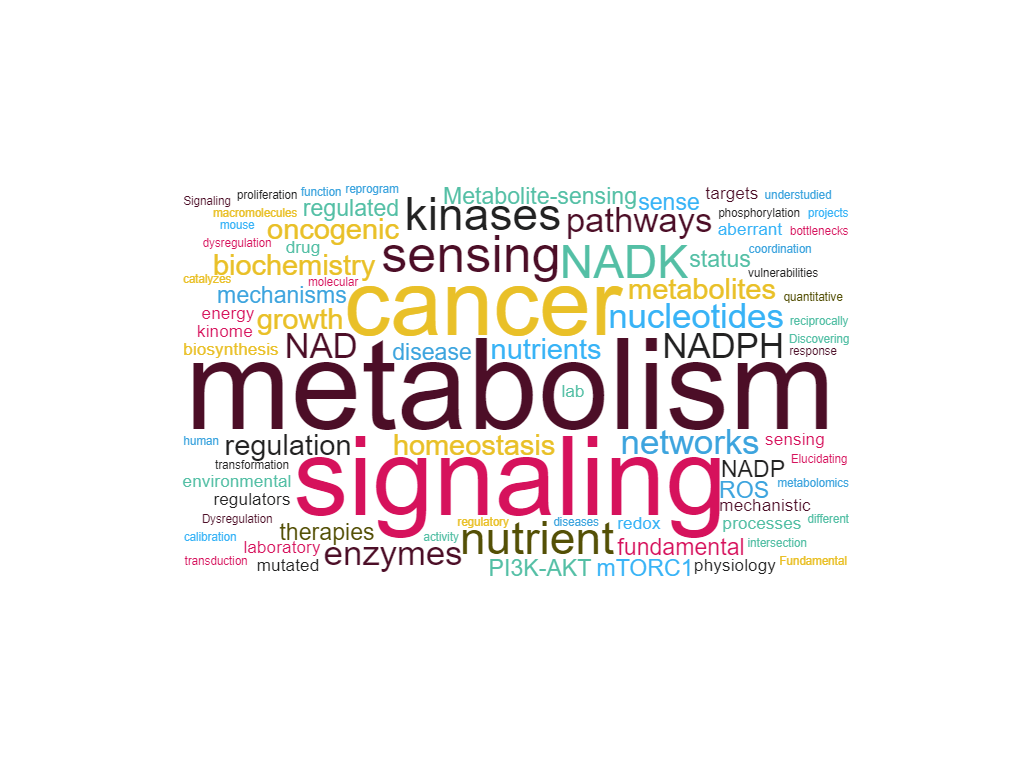
What are you researching?
Altered metabolism and abnormal activation of signaling networks are two major hallmarks of cancer. In my lab, I am interested in exploring the fundamental mechanisms that drive cancer metabolism as a result of oncogenic activation of signaling networks. I want to understand how signaling pathways in cancer cells reprogram metabolism to drive growth and proliferation, as well as discover how cells sense key nutrients and other small molecules (metabolites) involved in cellular metabolism.
Uncovering this information will help us develop a comprehensive map of the connections between signaling pathways and metabolic networks and identify nutrient and metabolic vulnerabilities of cancer cells. These findings could reveal new therapeutic strategies for cancer and other metabolic disorders. It will also give us a deeper understanding of the interplay between metabolism and signaling in cancer, a topic that really fascinates me.
What led to your career in science?
I was always drawn to math and sciences as a kid. In high school, I was particularly fascinated by advanced biology lectures, which I attended in Albania while preparing for the International Biology Olympiads. It was around that time that I decided to pursue a career in biomedical sciences and applied to a molecular biology and genetics program. I drew a lot of inspiration from my teachers both in high school in Albania and my university professors in Turkey.
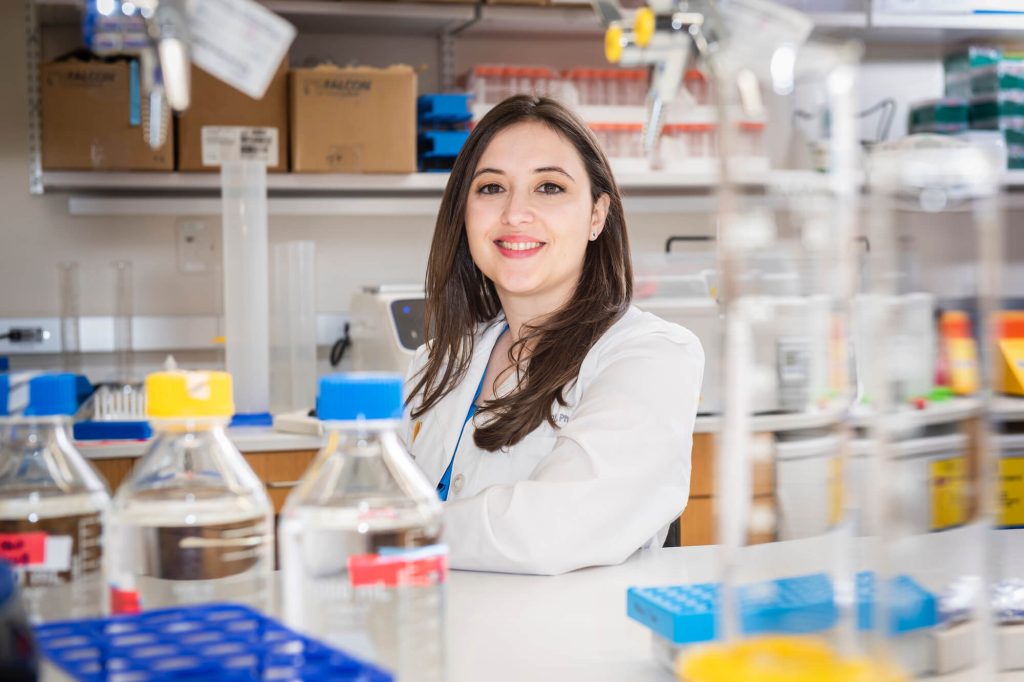
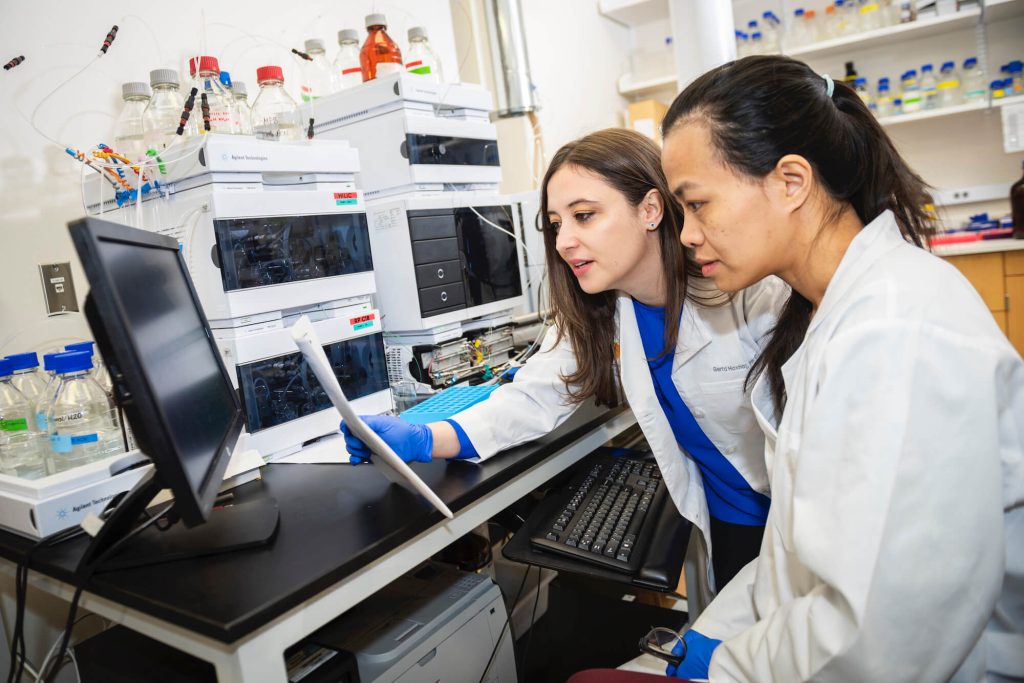
What advice do you have for others pursuing a career in science or medicine?
One of the most difficult things in science is that you may have to deal with a lot of experimental failure, especially when you are studying something completely new. You test a hypothesis, and sometimes it takes a long time until you get a definitive answer. The most important thing is not to give up and keep going. Perseverance and determination are key to success, as well as finding the right mentors who will support you along the way.
What do you like to do when you’re not in the lab?
I really enjoy being out in nature, taking long walks, hiking, and swimming. I love traveling, exploring new places and cultures, and visiting my family and friends whenever I can.




